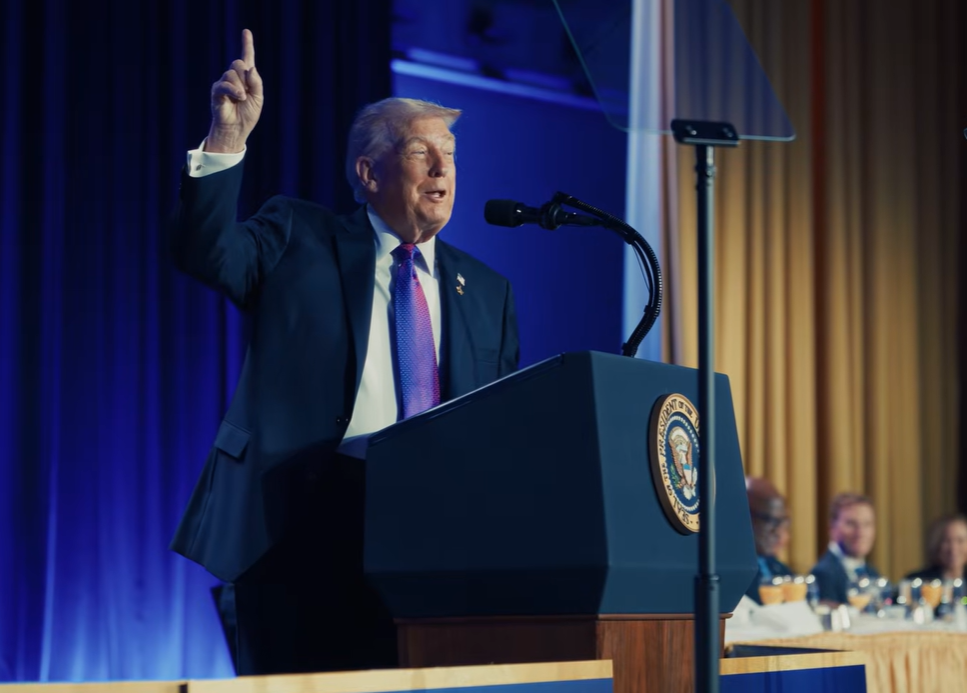Despite a contract requiring unions representing Pennsylvania state workers to reimburse the state for deducting voluntary contributions to political action committees, no such payments have been made, according to a sworn affidavit obtained by the Tribune-Review.
The affidavit was obtained in response to a request filed under the state’s Right to Know law by a Bucks County activist and union opponent with Gov. Tom Corbett’s Office of Administration.
In the document, Corbett’s office indicates there is no record of union reimbursements for processing the deductions.
Activist Simon Campbell requested contributors’ names, contribution amounts and proof the unions paid the state for this service.
“The fact it’s not being reimbursed is egregious,” Campbell said.
But the state maintains the cost of processing the deductions is miniscule.
The payroll deduction is “just a line of (computer) programming code. Once it’s set up, it basically runs itself,” said Dan Egan, spokesman for the Office of Administration. “It’s not like there’s a bill for doing this every year.”
Egan said there may have been minimal upfront costs to set up the deductions when the state moved to a centralized payroll system in the early 2000s, but now the deductions run just like those for supplemental insurance or charitable donations.
“If we asked them to jump through hoops and asked for a detailed printout (of contributions), I could understand” reimbursing the state, said David Fillman, executive director of Council 13 of the American Federation of State, County and Municipal Employees, the largest state workers’ union.
Fillman said the deductions have been part of contracts with state and local governments for at least 20 years.
“I think the Office of Administration is spot on that it’s just a computer line added all up,” Fillman said. “It’s a minimal amount of effort.”
A check with private-sector businesses in Western Pennsylvania showed the same payroll deduction agreement in place between unions and employers. In some cases, the agreements call for the unions to reimburse the businesses for handling deductions.
Wayne Ranick, spokesman for United Steelworkers, which represents 850,000 workers in North America, said the union negotiated payroll deductions into its collective bargaining agreements along with a clause that employers can charge the union a reasonable fee to set up the deductions.
The USW represents workers in industries including metals, rubber, chemicals, paper and oil refining.
“When they charge, we pay,” Ranick said. He did not provide payment figures.
West Penn Allegheny Health System offers its unionized employees the option of voluntary PAC deductions from paychecks, spokesman Dan Laurent said. He said it’s difficult to estimate the cost of administering the deductions and declined to say whether unions reimburse the hospital system.
In regard to state employees’ contributions, Campbell argued there is state time involved, however small, dedicated to processing the PAC deductions. If the unions don’t compensate the state, the PACs should report the service as an in-kind contribution on campaign finance disclosures, he said.
Campbell said he asked the Attorney General’s Office to investigate whether Corbett and the unions broke their contracts. A spokesman for the attorney general declined to comment.
In recent weeks, Campbell created a stir when he appealed a decision by Corbett’s office denying his request for state employee names and the amounts of their PAC contributions. State officials based the denial on the contention that payroll deductions are private financial information and not subject to disclosure.
Campbell appealed the denial to the state’s Office of Open Records, prompting an outpouring of about 1,000 calls and emails to the office, mostly from employees who contributed to PACs, director Terry Mutchler said.
—————-
The Associated Press contributed to this report.
Copyright 2013 – Tribune-Review, Greensburg, Pa.
Thanks for reading CPA Practice Advisor!
Subscribe Already registered? Log In
Need more information? Read the FAQs
Tags: Taxes



